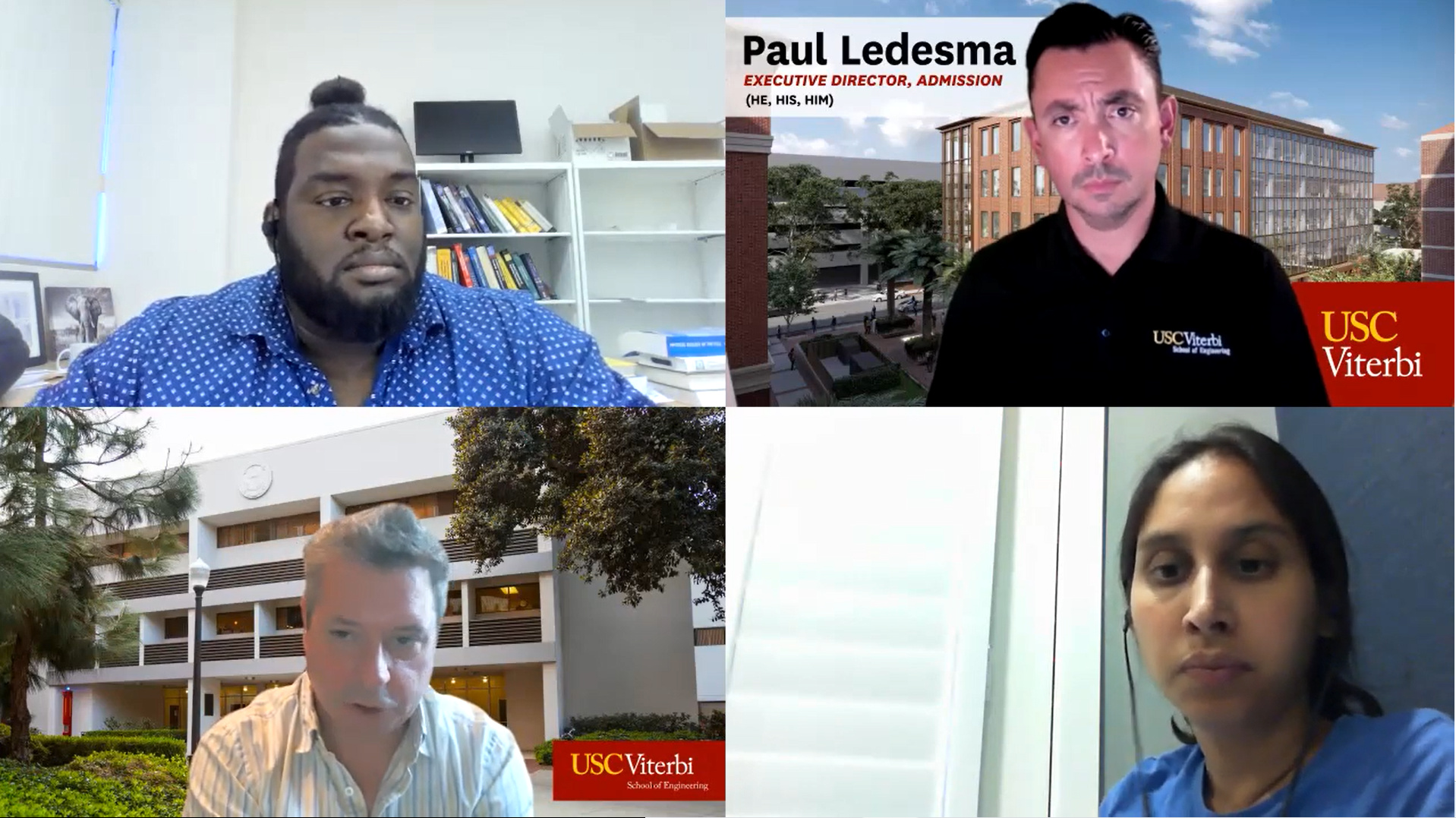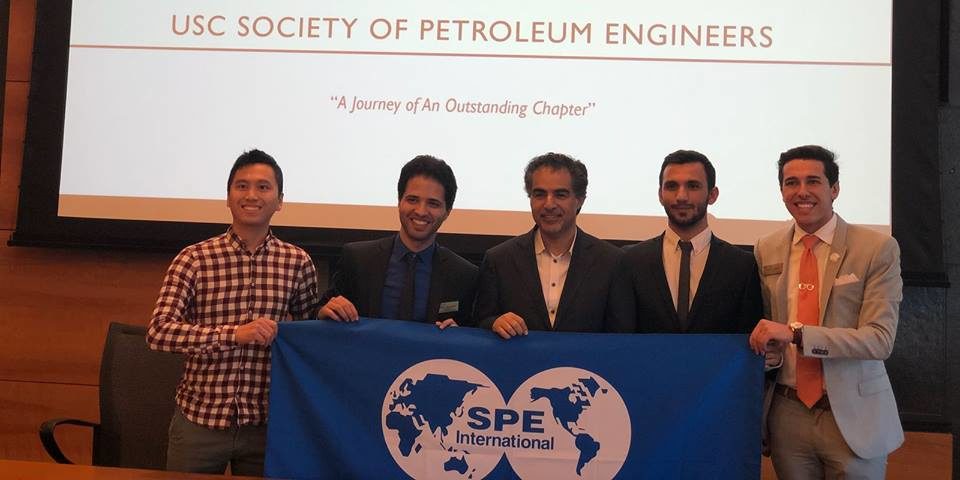THE MORK FAMILY DEPARTMENT OF CHEMICAL ENGINEERING & MATERIALS SCIENCE
Chemical Engineering & Materials Science
Learn more about how you can specialize your degree program with different emphases
Check out the research our faculty and students are doing on and off campus
Hear how you can apply your degree in industry through internships, co-ops, and more
Find out what our current students are up to in clubs and student organizations
Chemical Engineering & Materials Science (CHE)
Chemical Engineers design, control, and optimize large-scale chemical, physiochemical and biochemical processes. They are also involved in the development and design of new materials ranging from advanced composites used in automotive and space-related industries to materials used in the biomedical and electronics fields.
Chemical engineers are employed in ares as diverse as the chemical, pharmaceutical, energy, material and environmental industries. Emerging fields in chemical engineering include biotechnology, the design of environmentally benign processes, and the synthesis of new materials (including bio- and nanomaterials). Chemical engineers are uniquely qualified to provide solutions to many pressing problems in the areas of energy, environment, and materials science.
Listen while you scroll!
CHE Podcast Playlist
Check out all of our podcast episodes related to Chemical Engineering. Whether it’s Dr. Armani discussing curing cancer and making the internet faster or Sophie talking petroleum engineering at her internships with Chevron and Aera.
Viterbi Voices: The Podcast is your chance to hear stories about research, classes, student life, and more directly from our faculty, students, and other members of our engineering community. Click the link below to see the rest of our episodes!
Curriculum and Emphases
While many students choose a primary degree in chemical engineering with no added specialization, we also offer the opportunity to deepen your education in six emphasis programs: Biochemical (CHEB), Environmental (CHEE), Sustainable Energy (CHSE), Polymer/Materials Science (CHPM), Petroleum (CHPE), and Nanotechnology (CHEN).
Chemical Engineering
Students who choose a primary degree in chemical engineering get to take a little bit of everything over their four years. They get a foundation in chemical engineering principles to pursue many careers related the field.
Course PlanChemical Engineering (Biological and Pharmaceutical)
The biological and pharmaceutical emphasis prepares students to apply their education to the needs of the biotechnology, biomanufacturing, and pharmaceutical industries.
Students will learn about topics such as how to design bioreactors for natural product manufacturing, how to develop
nanopharmaceuticals, and how to apply their process control expertise
to pharmaceutical manufacturing.
Chemical Engineering (Energy & Sustainability)
The energy & sustainability option explores critical issues in the transition of chemical and energy systems to a sustainable future. In this emphasis, students will learn about emerging sustainable energy technologies, the interplay between chemical processes and the environment, and the fundamental tools for geothermal energy generation and carbon sequestration.
Course PlanChemical Engineering (Materials)
The materials emphasis introduces students to the concepts necessary to apply their training to problems in materials selection, design, and manufacturing. In this emphasis, students will learn about topics such as polymer chemistry and physics, machine learning approaches to material design, and materials nanotechnology.
Course PlanChemical Engineering (Petroleum & Subsurface Engineering )
The petroleum & subsurface option is the most appropriate for students that are interest in the fundamental engineering concepts necessary to access natural resources below the surface of the earth including petroleum, natural gas, and geothermal energy. It explores topics such as subsurface flow,
modeling reservoirs and aquifers beneath the surface, and accessing
subsurface resources.
Research
Researchers in the Mork Family Department of Chemical Engineering and Materials Science are at the forefront of investigations that will aid in emerging technologies. Research areas include technologies that impact oil and gas performance and maximize the world’s fossil fuel supply, the latest polymers and composites, and ways to remediate contaminated soils. In addition, researchers are creating new technologies for more efficient, environmentally sensitive future. The Mork Family Department is well-equipped for experimental research with modern instrumentation located in core laboratories across campus, including NMR spectrometers, electron microscopes, surface analysis instrumentation, and nanofabrication tools located in clean room space.
Research highlights within the department include: Nanobioparticle engineering, membrane separation, membrane reactors, molecular modeling and simulation, nano, bio, and photonic materials, immunoengineering for cancer therapy, modeling oil and gas reservoir performance, microfluidics for nanomaterial synthesis and bioanalysis, and much more!
We have a balance of programs - theoretical, computational, and experimental – which exemplify the Viterbi School’s approach to intensive and collaborative research.
Recent Projects
Check out some recent developments from our Chemical Engineering Department.
Faculty
Faculty will be teaching all of your classes and leading research projects as well. Your opportunities to build relationships with your faculty will begin immediately in your first year, both in the classroom and the lab. Check out a few highlighted professors with whom you may work in the future:

Dr. Andrea Armani
The over-arching mission of the Armani research lab is to develop advanced materials and integrated optical devices that can be used in portable disease diagnostics and telecommunications. They combine optics and material synthesis to enable biological and chemical detection as well as therapeutic development.

Dr. Iraj Ershaghi
Dr. Ershaghi is an expert in what happens beneath our feet. His research related to petroleum engineering and oil recovery includes interests in Smart Oilfield Technologies, Naturally Fractured Reservoirs, Pressure Transient Modeling, and Reservoir Characterization and Compartmentalized Systems.

Dr. Malancha Gupta
Her research group is interested in studying the mechanism and kinetics associated with initiated chemical vapor deposition (iCVD) of functional polymers onto structured materials and liquid surfaces. The iCVD process eliminates the need for organic solvents, offering a safer and cleaner alternative.
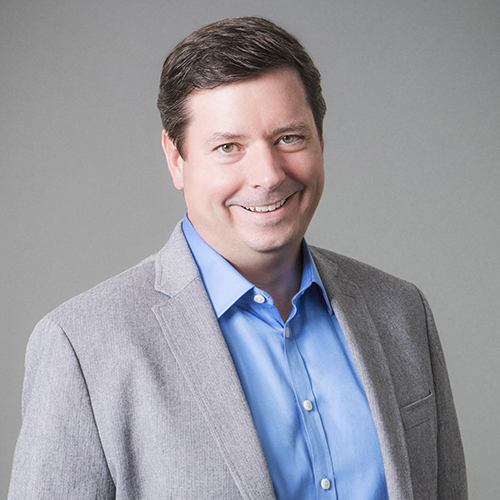
Dr. Noah Malmstadt
Research in the Malmstadt laboratory focuses broadly on the topic of engineered interfaces. We study this both in terms of the central interface in biology—the cell membrane—and in microfluidic systems, where fluid-fluid and fluid-solid interfaces play key roles in system performance.
Don't stop here.
Learn more about the cool faculty and amazing research being done at the Chemical Engineering Department at their website:
Careers
Your engineering undergraduate degree will prepare you for many career and academic opportunities. Whether you have always known “what you want to do when you grow up” or are hoping to find out, we are here to help you plan for your future beyond USC. We provide dedicated career services starting in your first year to help you find internships, co-ops, and full-time positions post graduation.


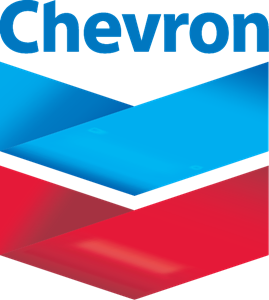








When you graduate with a degree in Chemical Engineering, here are just a few of the future career paths that might lay before you.
- Design and optimize cost effective ways to produce energy, drugs, plastics, and chemicals
- Develop new biological and therapeutic agents
- Establish new methods for chemical processing
- Find solutions for environmental problems
- Streamline petroleum exploration and refining
- Create new consumer products and manufacturing systems
- Regulate environmental health and safety standards
- Production, design, development, and research in all fields that involve chemical changes
Don't take our word for it. Ask some Viterbi alumni:
“After graduation, I joined the Applied Materials and Surface Science Lab at UC Berkeley. My project is focused on building high power density supercapacitors with a novel architecture based on nanoparticle-decorated graphene.”
Anna Harley-TrochimczykB.S. Chemical Engineering '11
“I currently work as an analyst for Citi Private Bank in DTLA where I aid in providing a variety of financial services to high-net worth clients. My background Chem-E background helps me to analyze new situations and develop creative solutions.”
Christian SanchezB.S. Chemical Engineering '11
“I work for Chevron as an Environmental Specialist focusing on waste and water issues. I help my team stay in compliance with regulations, while also prioritizing safety and protection of the environment.”
Pauline LeeB.S. Chemical Engineering '12, M.S. Environmental Engineering '13
Student Life
We want students who like to work hard – both in and out of the classroom. Our students know that going to college is more than attending class and completing assignments. College is about making connections and joining a community of dedicated students, faculty, staff, and alumni. Our students want to work and play with people as interesting as they are, and we have a number of ways for you to do the same.
Your life can be designed how you like it. Join a design team like SC Solar Car. Get professional experience with American Institute of Chemical Engineers. Keep making art with Corpus Callosum. On this page, we have a few student organizations we think you might be interested in, but there are so many more you can get involved in!
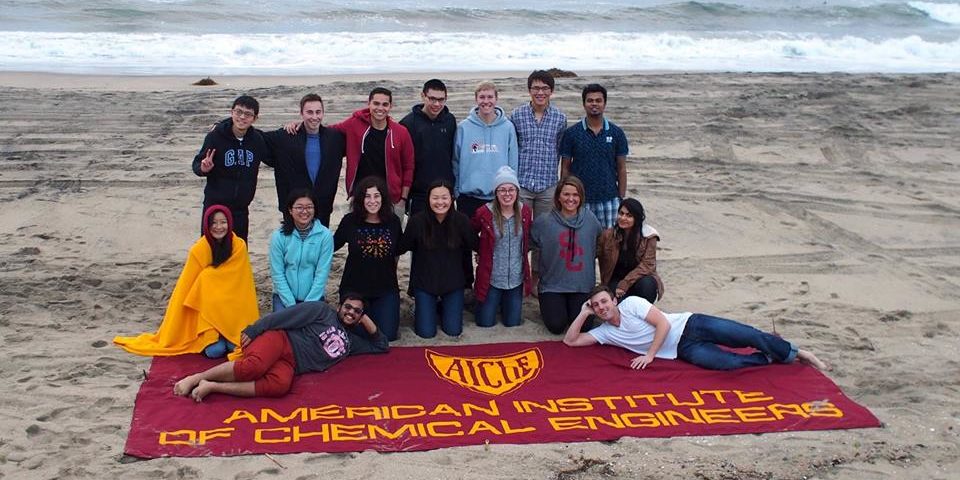
American Institute of Chemical Engineers
Through various events, students gain clarity of their chosen field of study and the opportunities that being a CHE major brings. Weekly study nights and social outings make AIChE a tight group of students within the larger Viterbi community.
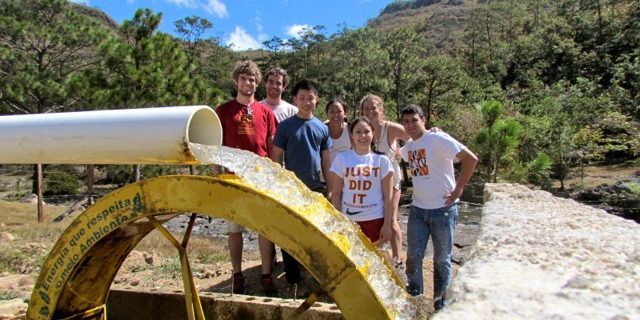
Engineers Without Borders
Students and professional mentors work together to deliver critical infrastructure projects to rural communities in developing countries. For each project, EWB collaborates with the local community members to design and implement sustainable engineering projects.
Imagine yourself on campus.
Learn more about life at USC as an engineering student at Viterbi Voices:
More Engineering Disciplines
You just learned so much about Chemical Engineering, but that’s just the tip of the iceberg. Beyond this department, Viterbi has ten academic disciplines spread across eight departments to make up more than thirty major combinations. Take some time to explore all of your interests.

